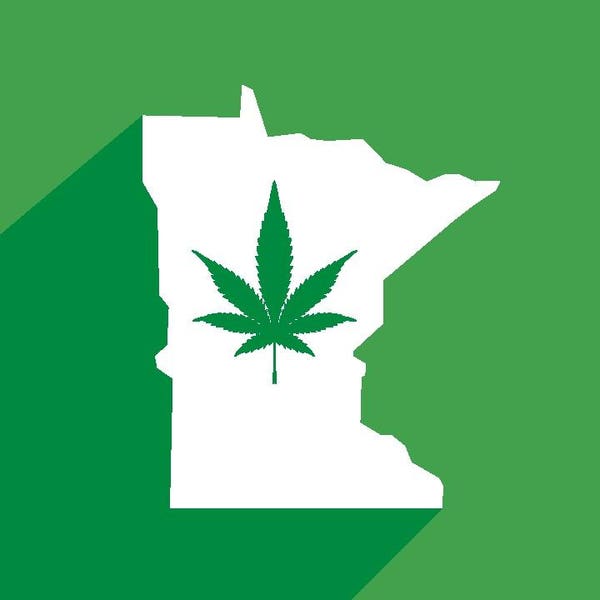[[{“value”:”
As cannabis laws evolve, so too do the expectations placed on employers. In Minnesota, those expectations just became more exacting, especially when it comes to how companies respond to positive marijuana drug tests.
A new law, Senate File 2370 (SF 2370), which became effective May 24, 2025, requires employers to take a more transparent and deliberate approach before disciplining or terminating a registered medical cannabis patient. Article 6, Section 12 of the statute mandates 14 days’ written notice before adverse action is taken, and that notice must cite the specific federal law or regulation the employer believes compels such action. Generalized concerns about compliance are no longer enough.
Building on Minnesota’s Cannabis Framework
This new requirement builds upon the state’s earlier efforts to protect both recreational users and medical cannabis patients under House File 100 (HF 100), which legalized adult-use cannabis in 2023. That law barred most employers from testing job candidates for marijuana and extended anti-discrimination protections to registered patients.
HF 100 added cannabis to the state’s definition of a “lawful consumable product,” which includes any foods, beverages, or substances permitted and considered safe for human consumption. As a result, employers cannot fire, discipline, or refuse to hire someone solely for using cannabis, whether medical or recreational, off duty and outside the workplace. However, HF 100 did not require employers still eligible to test for marijuana to provide advance notice or explain the legal basis for adverse action. SF 2370 fills that gap by extending those procedural protections to registered medical cannabis patients who test positive.
Clarifying Legal Risk Before Adverse Action
In practice, companies that remain eligible to conduct marijuana testing must tread more carefully when medical cannabis patients are involved. They can no longer rely on general references to federal law. Instead, they must identify the specific statute, regulation, or licensing rule they believe would be violated by continuing to employ or retain a registered patient who tests positive for cannabis. They also need to specify what federal benefit, contract, or license could be at risk.
Encouraging Transparency in the Testing Process
The 14-day notice requirement introduces a procedural check into a process that has traditionally been swift and one-sided. It gives employees and applicants an opportunity to respond, challenge, or resolve the situation without the immediate threat of job loss or discipline. Employers can still enforce drug-free workplace policies, but they must do so with added clarity and caution when medical cannabis is involved.
There are exceptions. Employers are not required to delay adverse action if doing so would clearly violate federal law or jeopardize a federal benefit or contract. Under the new statute, however, those exceptions must be invoked with specificity. The days of blanket cannabis prohibitions are giving way to more nuanced, legally defensible policies.
Minnesota’s Position in a National Trend
Minnesota’s approach reflects a broader national trend. States like New York, New Jersey, Montana, and Rhode Island have already limited employment actions based on off-duty cannabis use. But Minnesota’s law goes a step further by requiring employers to justify actions taken against medical marijuana patients with documented legal reasoning. That added transparency doesn’t eliminate the federal-state conflict, but it shifts some of the burden back to employers to show their hand.
Practical Impact for Employers
Most Minnesota employers are already prohibited from testing for cannabis under HF 100 and, as such, are unlikely to invoke the new procedural standard. However, employers in heavily regulated sectors, such as transportation, defense, and healthcare, may still be subject to federal mandates that require them to take action against employees who test positive. For these organizations, SF 2370 introduces a new requirement: a 14-day written notice to registered medical cannabis patients before taking adverse action, including a citation to the specific federal law or benefit at risk.
Next Steps for Compliance
Employers operating in Minnesota should review and revise their drug testing and adverse action policies immediately. They should also review adverse action procedures and train HR professionals to issue proper notice letters. Legal counsel can help review these procedures, ensure proper documentation, and determine when the new notice requirements apply.
As cannabis policy continues to evolve, employers must learn to navigate not just what is legal, but what is fair and defensible. Minnesota’s latest law doesn’t eliminate complexity, but it raises the bar for transparency and accountability in workplace drug testing decisions.
“}]] Minnesota’s new cannabis law changes how employers handle positive marijuana tests. Discover what this means for workplace policies and medical cannabis protections. Read More


